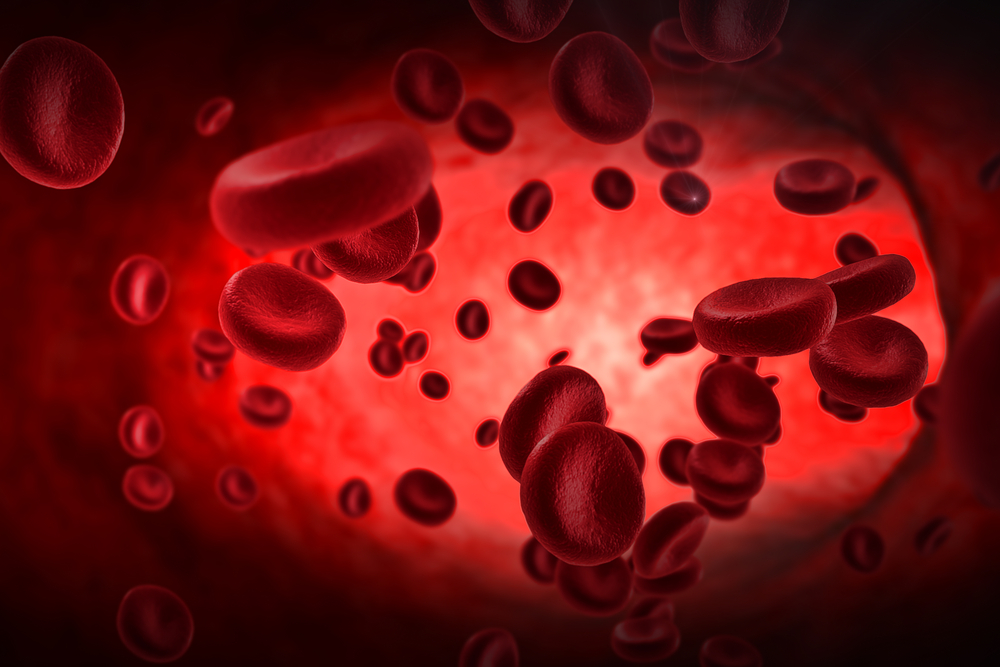$19.2M Grant to Support SCD Trial into Red Cell Exchange in US and Europe
Written by |

To lessen the need for hospitalizations and slow or reverse the organ damage seen in sickle cell disease (SCD), scientists at University of Pittsburgh (Pitt) will use a $19.2 million National Institutes of Health grant to test red blood cell exchange transfusion in patients.
Co-led by the University of Pittsburgh Medical Center (UPMC), the international clinical trial — called Sickle Cell Disease and Cardiovascular Risk – Red Cell Exchange (SCD-CARRE) — will be the largest of its kind.
“Currently there is no standard of care for patients with sickle cell at high risk of organ damage,” Mark Gladwin, MD, chair of medicine at Pitt’s School of Medicine and the soon-to-open study’s principal investigator, said in a news release. “We are proud to lead this collaborative effort among major centers of excellence to tackle an important open question in how we treat and manage the disease.”
While treatment advances have helped SCD patients live better and longer lives, damage to organ remains a serious risk. Some 30 percent of the roughly 100,000 U.S. residents with the disease will experience organ damage. The likelihood of such complications, which include kidney or liver failure and cardiopulmonary disease, increases with age.
Blood transfusions deliver additional normal red blood cells to the patient’s body, and are commonly used to treat acute SCD complications. However, an abundance of red blood cells can result in iron toxicity and alloimmunization, a phenomenon that may cause a dangerous drop in hemoglobin levels.
Red cell exchange transfusions replace sickled red blood cells with healthy ones, lowering the concentration of sickle cells without increasing blood viscosity. But compared with standard transfusions, exchanges are pricier, take longer, and require more donor blood.
“Because of a lack of sufficient data, physicians today have to make a judgement call on whether to administer red cell exchange to their patients,” said co-principal researcher Darrell Triulzi, MD, a professor of pathology and director of the division of transfusion medicine at Pitt’s School of Medicine.
“Physician opinions on whether red cell exchange is effective at preventing or reversing organ damage are equally divided, suggesting the real need for a definitive clinical trial such as this one to determine whether red cell exchange should be added to the standard of care for these high-risk patients.”
The trial calls for patients to be randomly chosen to receive, for a year, either the standard of care alone or combined with monthly red blood cell exchange treatments.
The study is expected to last seven years and enroll 150 adults at high risk of complications across 22 centers. It’s slated to begin within a year at eight international comprehensive SCD care and research clinical sites: Pitt/UPMC plus the University of Illinois at Chicago (UIC), Duke University, Emory University, University of California San Francisco Benioff Children’s Hospital, the University of Alabama at Birmingham, Imperial College London, and Henri Mondor Hospital in Paris.
Along with Pitt researchers, the UIC developed the study protocol and design. The Pitt Graduate School of Public Health will coordinate trial data.





